Mata Hari
‘The Naked Spy’
Review
By Aaron Cantú 💃 February 6, 2018
By Aaron Cantú 💃 February 6, 2018
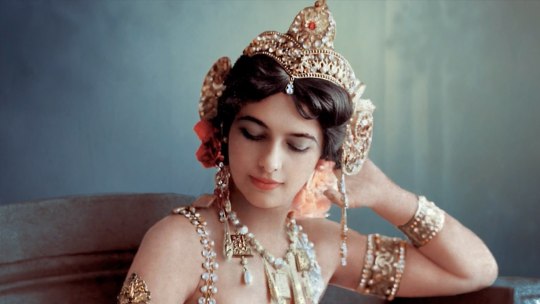
Mata Hari, 1906
Margaretha Geertruida "Margreet" MacLeod (née Zelle; 7 August 1876 – 15 October 1917), better known by the stage name Mata Hari (/ˈmɑːtə ˈhɑːri/), was a Dutch exotic dancer and courtesan who was convicted of being a spy for Germany during World War and executed by firing squad in France.
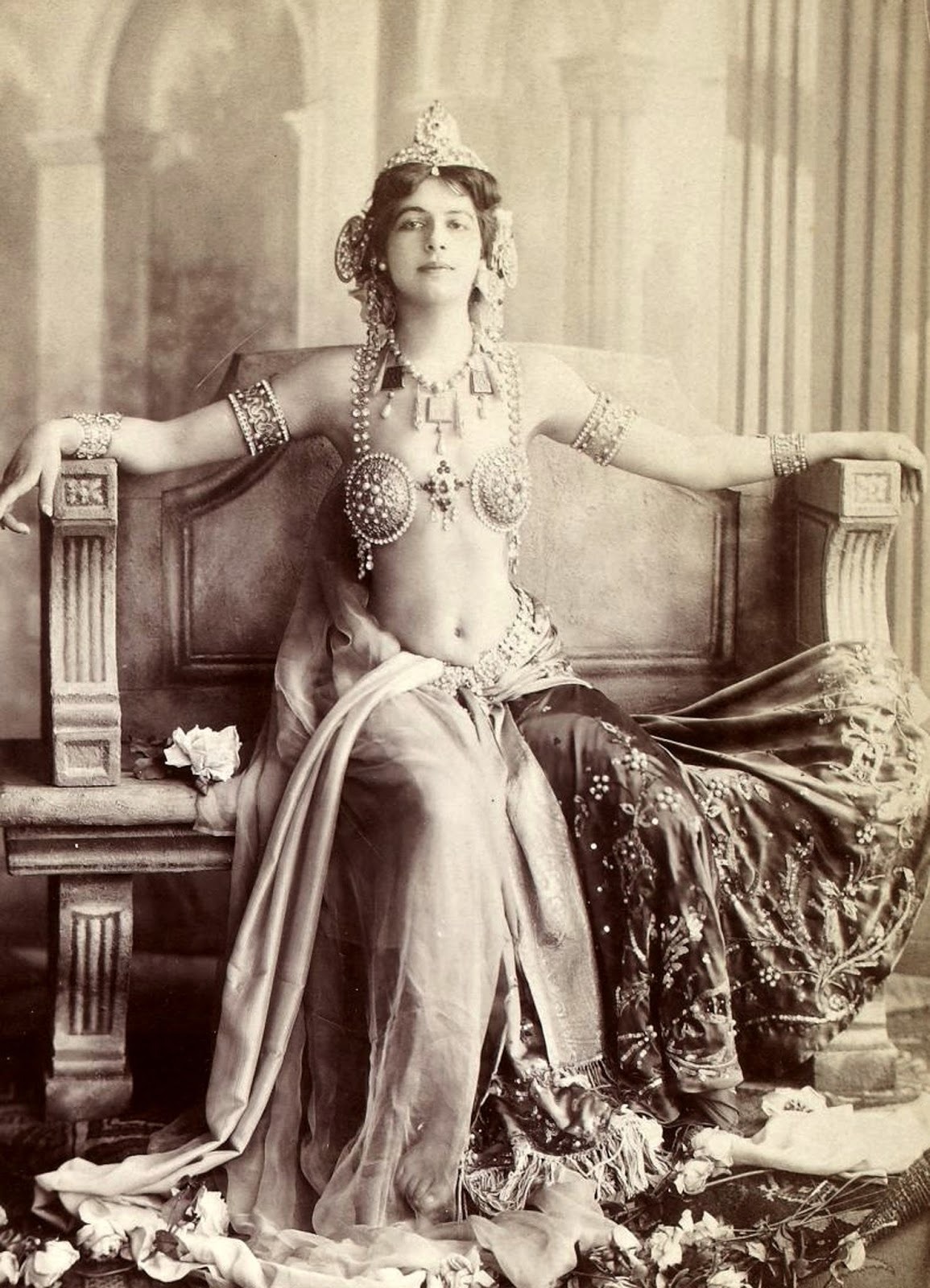
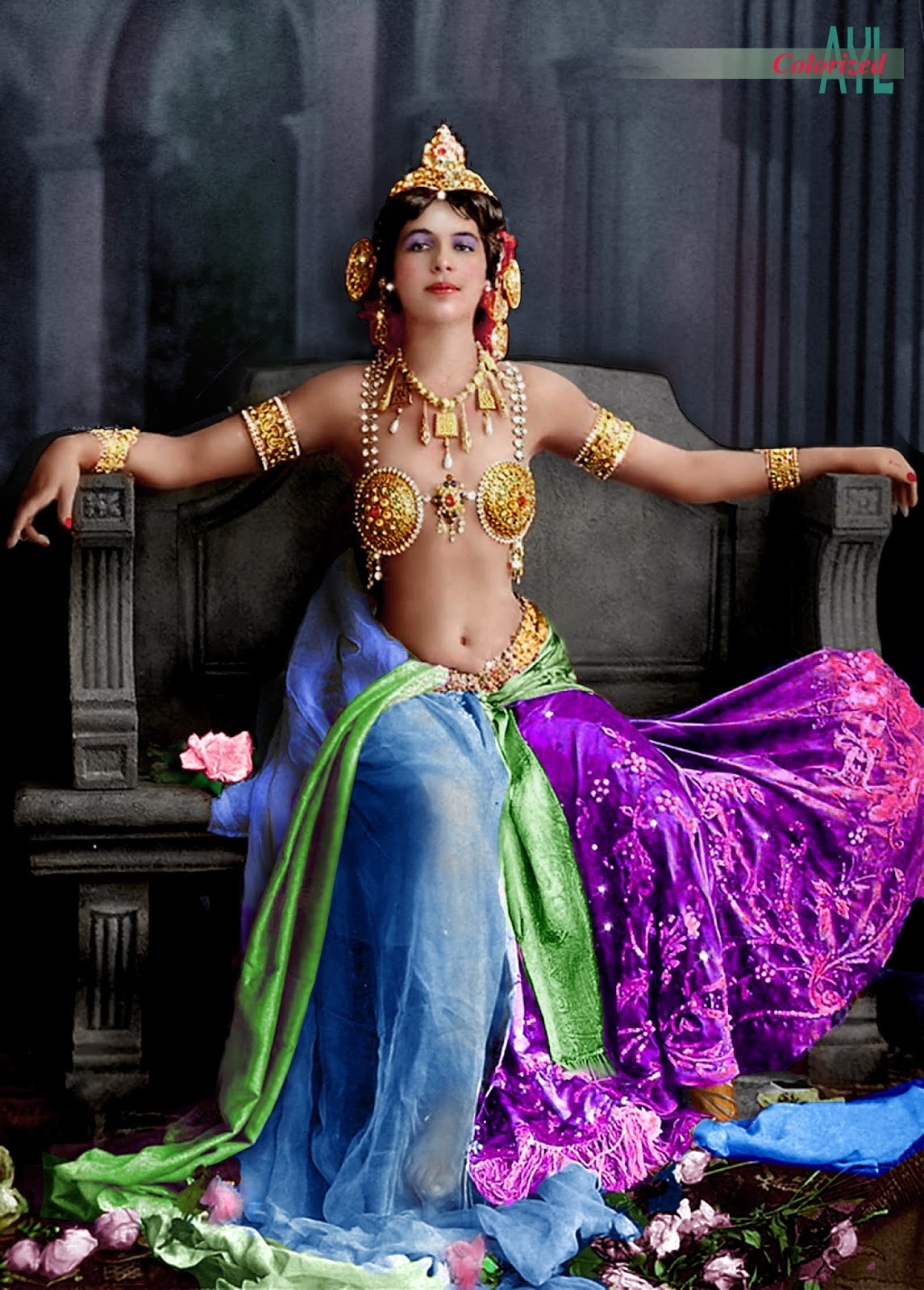
The Naked Spy shines a light on Mata Hari, a name most of us know but a figure about whom many are clueless: a famous Parisian performer presenting as a Malaysian dancer at the start of the 20th century, later executed by France for treason. Mata Hari was actually a Dutch woman named Margaretha Geertruida Zelle, and the documentary's narrators—mostly academic experts in European cultural history—track her story as she leaves her abusive husband as a young woman in order to create a life of scandal, glamor and intrigue in Paris.
Zelle is referred to by her stage name throughout the film, but there's little attention given to the early development of the character. We're informed by the narrators that she was first inspired to dance during a stay in Indonesia, where her then-husband, a soldier, was briefly stationed, and where she encountered the ritualistic dances of Indigenous women on the islands. She took those moves and created her own sexy, proto-burlesque act that eventually catapulted her to the top of French society.
Zelle is referred to by her stage name throughout the film, but there's little attention given to the early development of the character. We're informed by the narrators that she was first inspired to dance during a stay in Indonesia, where her then-husband, a soldier, was briefly stationed, and where she encountered the ritualistic dances of Indigenous women on the islands. She took those moves and created her own sexy, proto-burlesque act that eventually catapulted her to the top of French society.

Zelle's shtick was what we would now call a successful case of cultural appropriation—which, in one of its most problematic forms, found performers of European descent (like Zelle) taking the cultural customs of colonized and oppressed people and spinning them into fame and fortune. This documentary treats Zelle's appropriation of Javanese culture as the eccentric quirkiness of a genius, hardly scratching the surface of the power dynamics at play. Further, it celebrates Zelle's promiscuity, but doesn't unpack how her sexualization is tied up in the exotification of non-European women.
Once World War I breaks out, Zelle entangles herself into a web of espionage, agreeing to spy on France for the Germans—then agreeing to spy on the Germans for France, a double-cross that led to her eventual execution at the hands of the French.
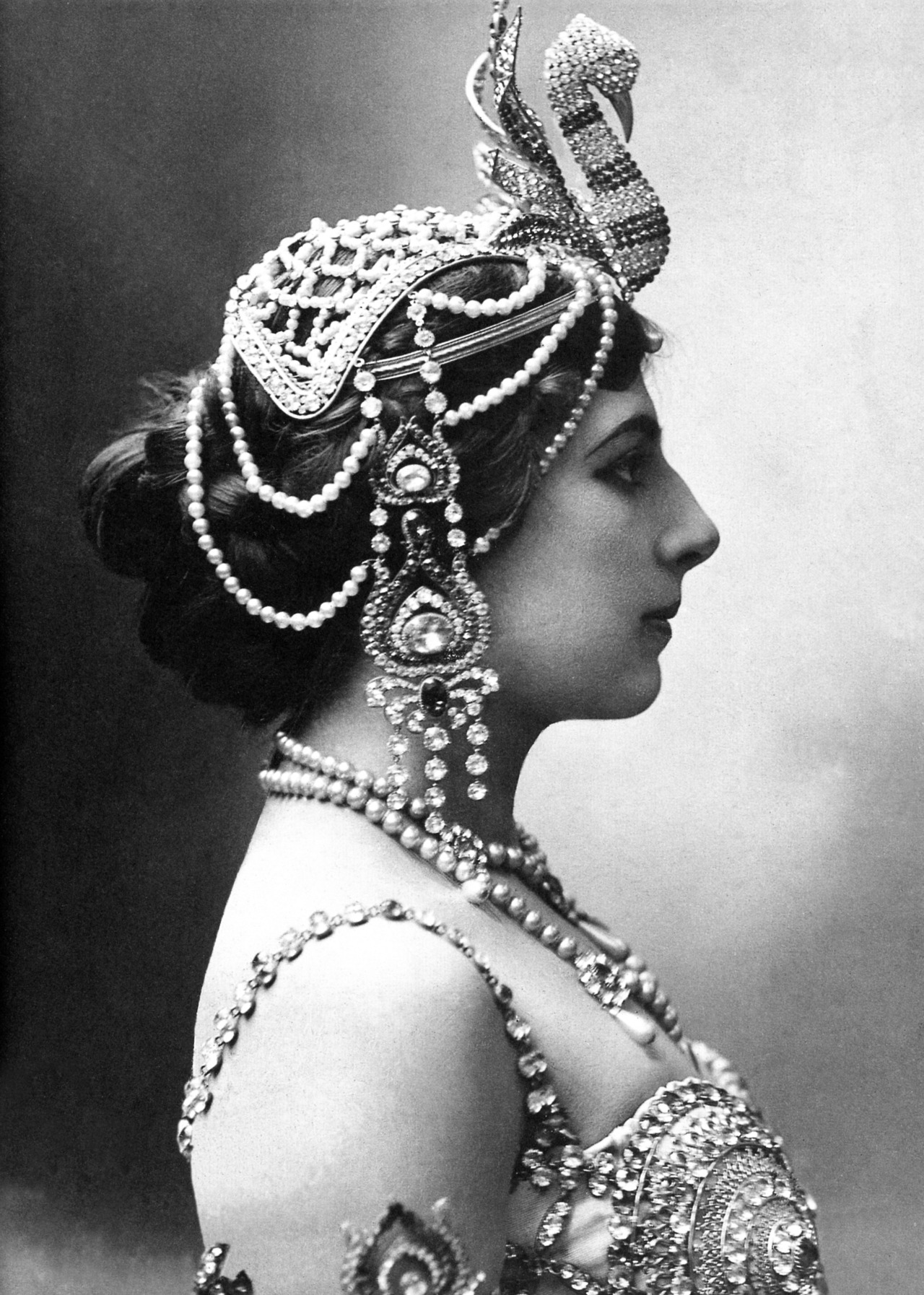
The Naked Spy is ultimately about a world that grows complicated and perilous enough to swallow somebody once regarded as larger-than-life; but, in a film set to the backdrop of imperialist war, it does a poor job tracing the broader power dynamics of the era. As an archival project, it succeeds. Pity, then, that it is an overall shallow look at a problematic icon.
Mata Hari: The Naked Spy
Directed by Machiel Amorison and Susan Wolf
CCA, NR, 78 min.
Mata Hari: The Naked Spy
Directed by Machiel Amorison and Susan Wolf
CCA, NR, 78 min.
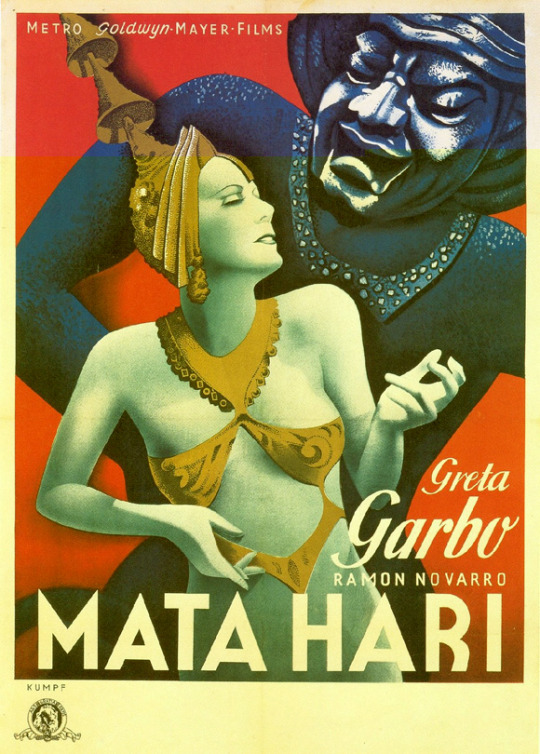
Mata Hari Greta Garbo 💃 George Fitzmaurice, 1931
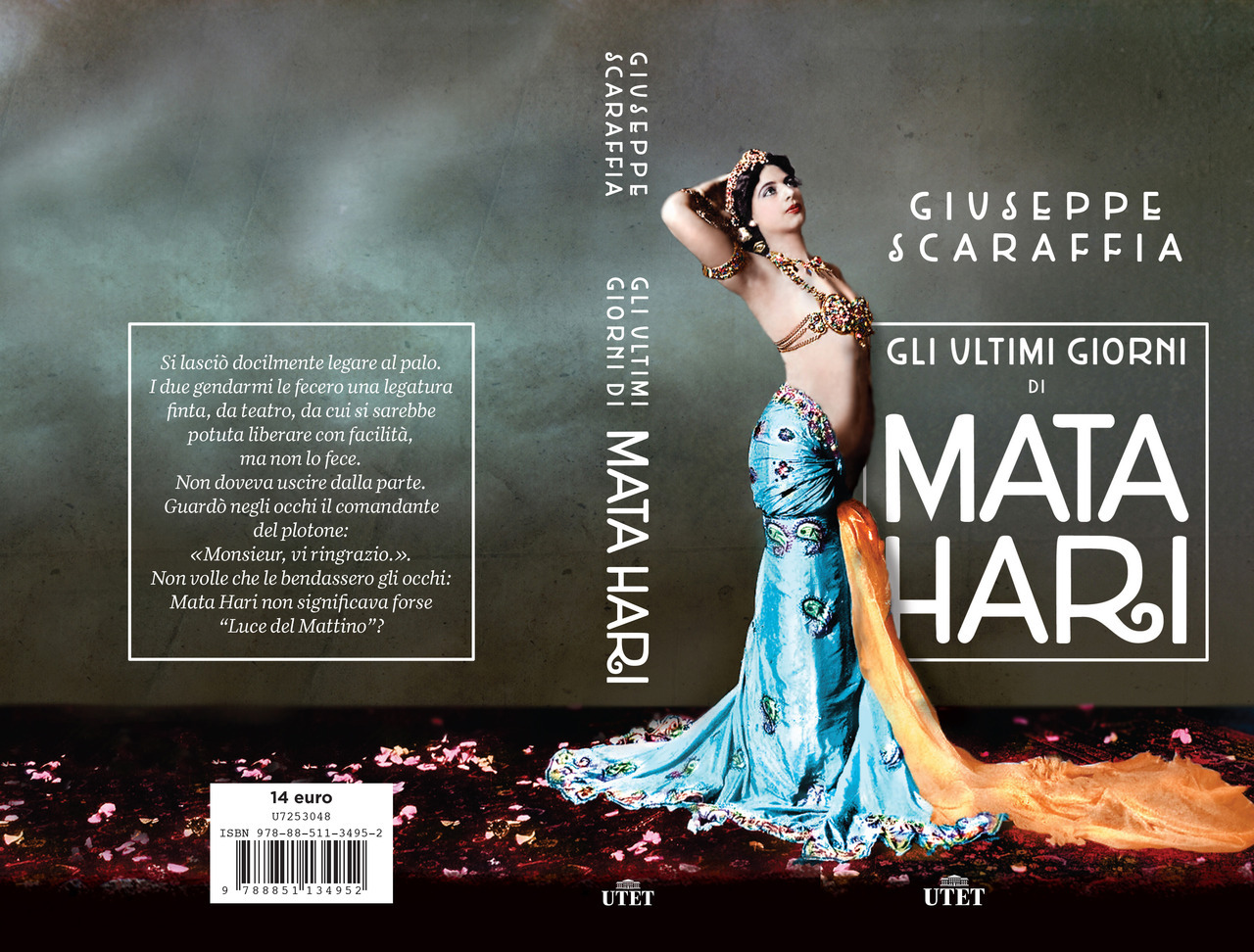




No comments:
Post a Comment